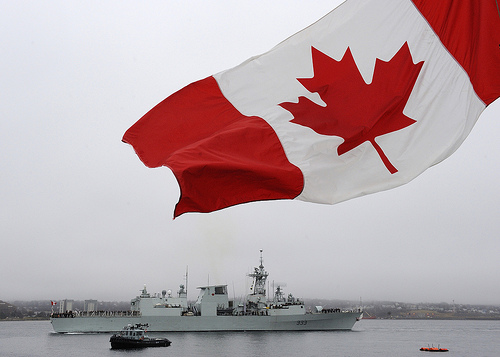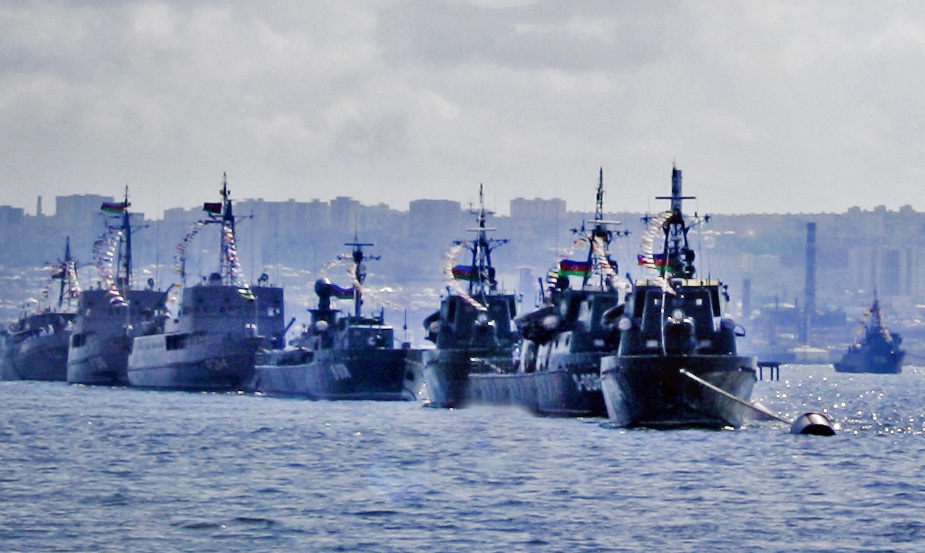Aaron Willschick examines Canada’s valuable contribution to counter-piracy activities through Operation Artemis.

As part of its attempt to keep the shores of its member countries safe, NATO has made anti-piracy one of the principal goals of its maritime security doctrine. As any casual observer of current affairs in maritime piracy would know, the Horn of Africa off of the coast of Somalia is perhaps the worst area for piracy in the entire world. Much of NATO anti-piracy action takes place in the Horn of Africa region, with many different member nations contributing to the fight. While not widely publicized, Canada has begun to serve a valuable role in NATO’s anti-piracy campaign in the Horn of Africa. Not only is Canada offering a worthwhile contribution that illustrates its commitment to international maritime security, but its efforts are serving as a model for future NATO maritime operations.
Operation Artemis
Canadian forces are currently participating in maritime security and counter-terrorism operations under the mission name Operation Artemis (not to be confused with the 2003 UN mission in the Democratic Republic of the Congo of the same name). The operation is Canada’s direct contribution to Combined Task Force (CTF) 150 which is the formal name given to NATO’s anti-piracy action in the Arabian Sea. CTF 150 is a multinational coalition and one of the three naval task forces working under the 27 nation coalition of the Combined Maritime Forces that promotes security, stability and prosperity across some six million square kilometers of international waters. Canada has been deploying frigates to operate with CTF-150 since the beginning of Operation ALTAIR in 2004. Its most recent deployments include Task Force Toronto and Task Force Northwood. During its deployment which departed on January 13th, 2013, HMCS Toronto’s task is to detect, deter and protect against terrorist activity. Task Force Northwood is a team of Royal Canadian Navy personnel engaged in the effort to ensure safe passage of merchant shipping through the Horn of Africa, the Gulf of Aden and the Indian Ocean.
Cultural Exchange
From its past to its current deployments, Artemis has clearly shown Canada’s solidarity with its partners and allies in the pursuit of peace and security in the maritime environment of the greater Middle East region. The Royal Canadian Navy (RCN) has demonstrated a collaborative approach to advancing regional stability and encouraging cooperation with many partner nations to promote peace and security. A large part of the RCN’s counter-piracy efforts have been focused on cultural exchange and education. At the end of January, as a component of CTF 150 and Operation Artemis, HMCS Regina arrived in Mumbai for a four day visit to promote peace and security. One of the ship’s primary tasks was to participate in joint exercises with the Indian Navy. RCN personnel were to interact and work with the Indian Navy to educate them about current maritime security operations. This forms a large part of the RCN’s stated goal of engaging more with the Indian Navy and Ministry of Defence in the coming years.
Value of Information Sharing
HMCS Regina’s visit to Mumbai was preceded by a visit to Kochi, India in August 2012. Here too, the Canadian Navy held cultural exchanges with its Indian counterpart while on its way to take part in anti-piracy operations in the Gulf of Aden. This allowed for valuable information sharing between the two sides. Additionally, by hailing ships, HMCS Regina was able to interact with the local fishermen and share information, whether it was with a boarding or through an approach where they do not board the other vessel. The boardings were not necessarily meant to track down pirates and those linked to terrorism, but to communicate with the locals, ask them questions and reinforce their business and way of life. Fortunately no crisis situations arose for Regina’s mission, which allowed the crew to focus more on cultural education and exchange.
Not Just At Sea
Aside from the information sharing and cultural exchange that Artemis facilitates, the effect of the operation extends beyond activities at sea. It also directly influences events on land by disrupting terrorist activity such as stopping movement of personnel, weapons or drugs through the region. The operation also includes activities in the air with helicopter surveillance of the region. HMCS Regina’s Sea King Helicopter has conducted over 73 sorties with a total of 149 flying hours. Its main function is to extend the range of the ship’s sensors by surveying the ship’s area of operations and help determine if other vessels in the area are behaving suspiciously. If they are, HMCS Regina can plot a course to intercept the vessel, hail it and board it if necessary.
A Model Operation?
Through all of its initiatives as part of Operation Artemis, the RCN has been successful at bringing a multifaceted approach to battling piracy. It has established important cultural links between Canada (as an important member of NATO) and India and has also provided a forum for mutual understanding and education. The fact that the operation has been undertaken not only from sea, but also land and air illustrates the fact that the RCN is taking a progressive approach to its mission and that maritime security is not always as simple as taking action at sea. If other NATO countries can take an equally progressive approach to counter-piracy then there may be hope for reducing piracy even further in and around the Arabian Sea and the Horn of Africa.




